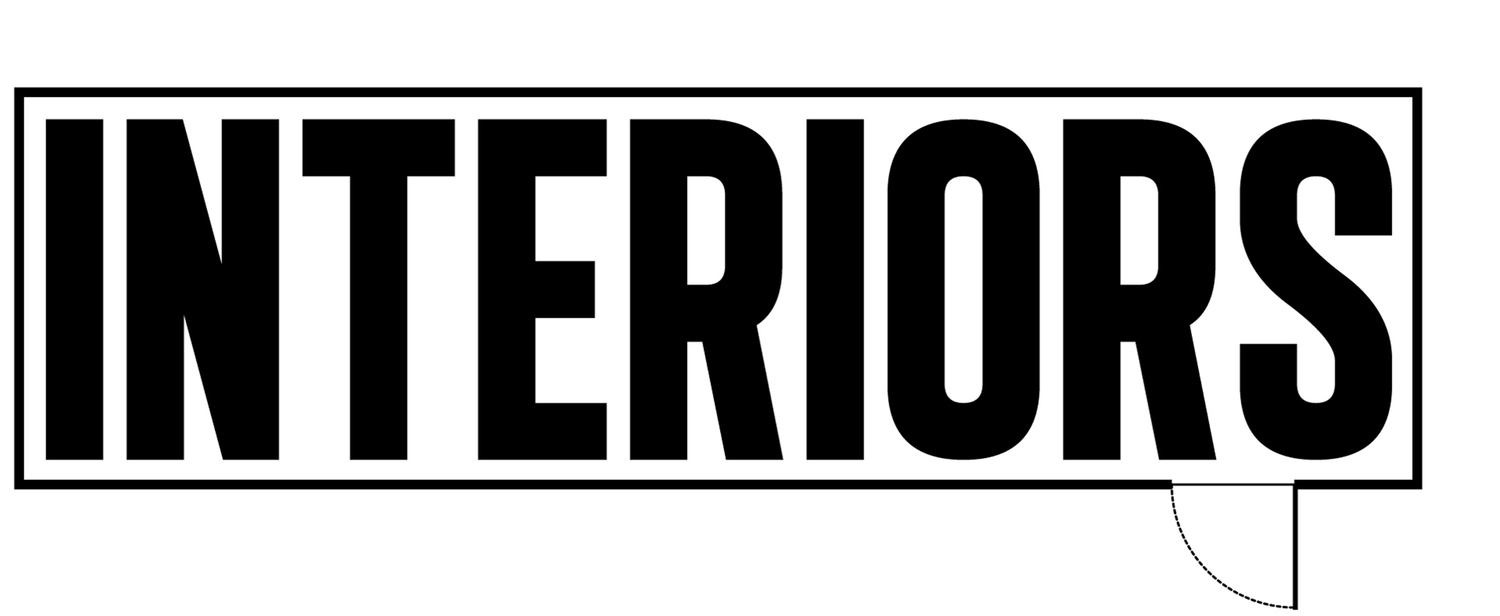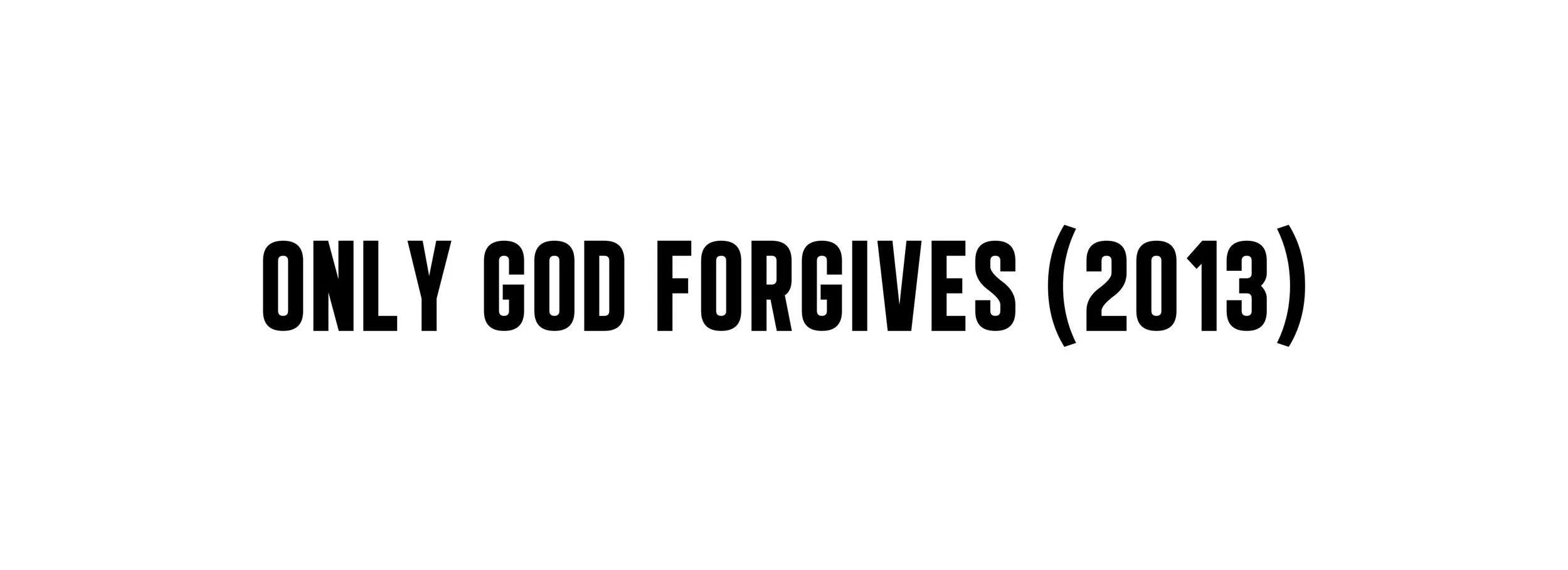Only God Forgives (2013) Director: Nicolas Winding Refn (Scene: 01:02:48 - 01:07:56)
Nicolas Winding Refn’s Only God Forgives (2014) draws influence from a variety of complex sources. In his previous film, Drive (2011), his unnamed hero was elevated into a superhero over the course of the film, while the film itself made use of the Scorpion and the Frog fable. In Only God Forgives, his influences run a little deeper. In using Sophocles’ Oedipus Rex and Sigmund Freud’s theory of Oedipal complex as a defining text for the film, Nicolas Winding Refn explores mother/son relationships as his protagonist battles with his masculinity.
Julian (Ryan Gosling) bears traces of Oedipus; like Oedipus, whose death was ordered, Julian was nearly terminated during his mother’s pregnancy. It’s also suggested that he murdered his father and it’s eluded that he has a sexual relationship with his mother, Crystal (Kristin Scott Thomas). Julian, however, is unsuccessful in living up to the expectations of his mother. It’s suggested that Julian could never sexually satisfy her as his brother could. Crystal comments over dinner that Julian never compared to the older brother in the family and was always in competition with him.
In addition to these ideas, there are numerous phallic references throughout the film. The film is made up of images of hands, which serve as a recurring visual motif. Julian runs a boxing gym and is frequently seen holding his hands up and starring at them -- repeatedly opening and closing his fists. In an early scene, Mai (Yayaying Rhatha Phongam) ties Julian’s hands onto a chair as she sits across from him and masturbates. Julian stares ahead, immobilized and incapable of any sort of action.
Julian initiates a fight with Chang (Vithaya Pansringarm) after the death of his brother, Billy. In our diagram, we looked at this scene and constructed a floor plan of the surrounding space. Only God Forgives is concerned with spaces within spaces (rooms in a gym in Bangkok), as much of the action takes place in dark spaces. The color red also pervades the film. Julian’s boxing gym is characterized by the color. The boxing gym prominently features a neon red dragon that serves as a symbol of the space along with red lights that illuminate these spaces.
The fight scene between Julian and Chang, like the rest of the film, focuses on the composition within each frame. Chang stands and waits for Julian at the center of the room. Julian unbuttons his shirt, preparing for their encounter, as he walks around Chang. Nicolas Winding Refn offers us a shot of Chang from Julian’s point-of-view, as we circle around him. Julian finally raises his fists and is in position. Nicolas Winding Refn then cuts overhead as we look down on Julian and Chang, in position, right before their fight. It’s interesting to note that in this overhead shot of them, Julian’s fist is in the center of the frame.
Julian and Chang’s barehanded fight together is accompanied by Cliff Martinez’s score. The scene starts with blaring music and softly dies down as we focus on the sounds that both men make. The sounds of Julian grunting and punches being landed by Chang add to the physicality of the fight. The scene is equally impressive and pathetic -- while beautifully composed and choreographed, Julian, our supposed hero, is pitiful. Julian never successfully lands a punch as Nicolas Winding Refn subverts the Ryan Gosling persona. The handsome star is turned into a helpless wreck as his face is repeatedly punched until he finally becomes unrecognizable.
Chang later murders Crystal, and after Julian finds her dead, he stands over her lifeless body. Julian reaches down and inserts his entire hand into her, further suggestive of a sexual relationship. The only form of freedom for Julian following these events is castration and he is only freed after the death of his mother. Julian submits himself over to the almighty Chang (who throughout the film personifies God), as Chang “removes” his hands. The repeated images of hands throughout the film are indicative of maleness and power. The removal of Julian’s hands further implies castration. This final act of castration is completely necessary for Julian, whose domineering mother prevented Julian from embracing his own masculinity.
In speaking of subverting the star persona, we see how Ryan Gosling’s character falls short of all expectations as his incompetence is highlighted. Julian fails in replacing his brother or avenging his death, and is further incapable of making a connection with his mother or any woman because of his repressed masculinity. Julian opts for castration at the hands of God, after unsuccessfully matching up against him earlier in the film and fighting him with his bare hands.

